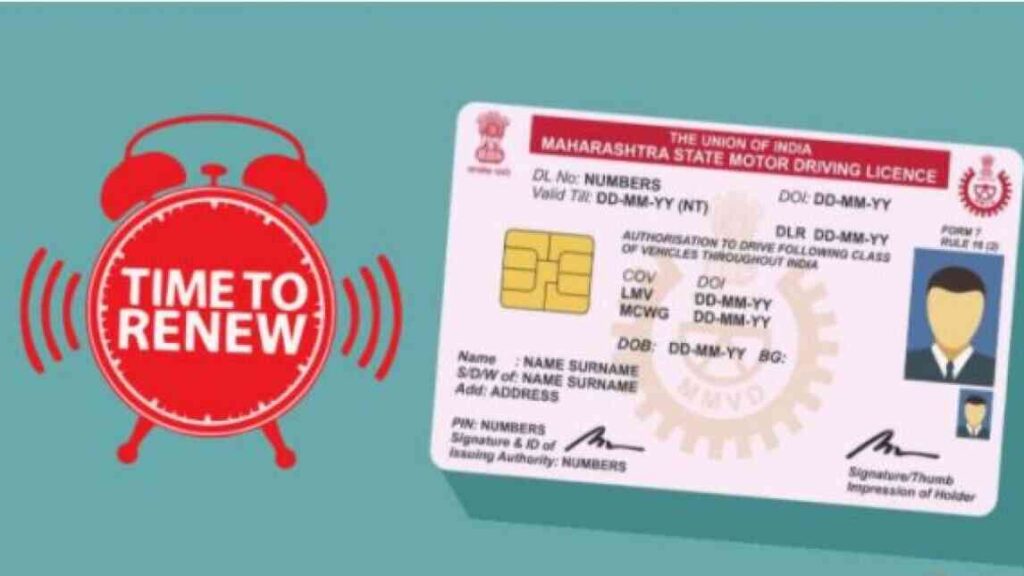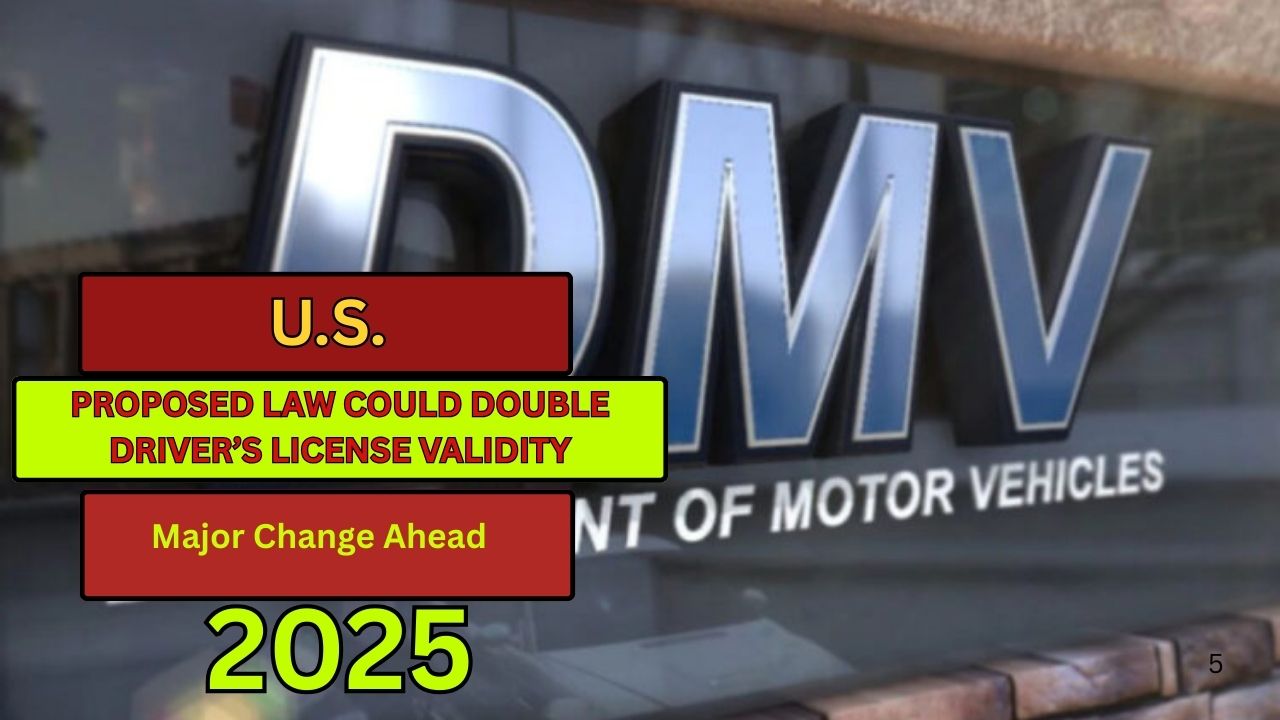A new legislative effort gaining traction in the U.S. could soon extend the duration of driver’s licenses, potentially cutting the number of renewals in half for millions of Americans.
In states like Ohio and North Carolina, lawmakers are pushing for extended license validity to ease burdens on drivers and reduce administrative backlogs at departments of motor vehicles (DMVs).
Ohio’s Push for 8-Year Licenses
Ohio is at the forefront of this initiative with the introduction of House Bill 372, spearheaded by Representative Derek Merrin. The proposed bill would double the current renewal period of driver’s licenses from four years to eight for drivers aged 21 to 65. This move aims to make life easier for residents and reduce the strain on the Bureau of Motor Vehicles (BMV).
Supporters of the bill argue that it could drastically reduce long queues at BMVs across the state. The cost of an eight-year license would be about double that of the four-year version, helping the state maintain its revenue while reducing citizen inconvenience.
“Extending the license duration is about modernizing a system that hasn’t evolved with technology or customer convenience,” Rep. Merrin said.
However, drivers over the age of 65 would still be required to renew every four years due to age-related safety concerns.
North Carolina’s Temporary Solution to Backlogs
In North Carolina, the issue stems from a different problem — overwhelming backlogs and staffing shortages at DMV offices. To address this, lawmakers introduced House Bill 821, which temporarily grants drivers an additional two years to renew their licenses without penalty.
The measure, which passed the Transportation Committee and is awaiting further action, aims to prevent expired licenses from becoming a liability during an unprecedented period of administrative congestion.

Federal Hurdles and Real ID Requirements
While states explore ways to streamline renewals, federal compliance remains a key obstacle. The REAL ID Act, a federal law that sets requirements for state-issued identification used for federal purposes like boarding airplanes, mandates more frequent identity verification and renewals.
A North Carolina proposal to extend licenses up to 16 years clashed directly with these federal standards, highlighting the complexity of changing license renewal policies. Without a consistent federal framework adjustment, any attempt to prolong license durations could lead to conflicts with national ID laws.
Key Pros and Cons of Longer License Validity
Benefits:
- Reduced Administrative Burden: DMV offices could experience shorter lines and faster service.
- Convenience for Drivers: Fewer trips to renew licenses saves time and hassle.
- Potential Cost Savings: While upfront fees may double, drivers would pay less over time.
Concerns:
- Outdated Information: Longer durations could result in outdated photos and address details.
- Reduced Monitoring: Fewer check-ins could mean missing signs of medical or vision issues among drivers.
- Compliance Issues: Diverging too far from federal standards could invalidate licenses for federal use.
What Happens Next?
Both Ohio and North Carolina’s proposals are still in legislative flux. Ohio’s HB 372 has yet to be voted into law, and North Carolina’s HB 821 is currently under review. If passed, these changes could signal a wider shift in how states approach license renewals, possibly prompting other states to consider similar reforms.
For updates on federal transportation and licensing policies, refer to the U.S. Department of Transportation and your state’s official DMV site.
Conclusion
The push to double the validity of driver’s licenses reflects broader trends in digital transformation and public service modernization. However, balancing convenience with safety, identity verification, and federal mandates will be crucial as these bills move forward.
This article has been carefully fact-checked by our editorial team to ensure accuracy and eliminate any misleading information. We are committed to maintaining the highest standards of integrity in our content.

Outside of work, he enjoys playing chess, following cricket, and writing short stories. His commitment to integrity and in-depth analysis strengthens OTE News’ mission of providing trustworthy journalism.




